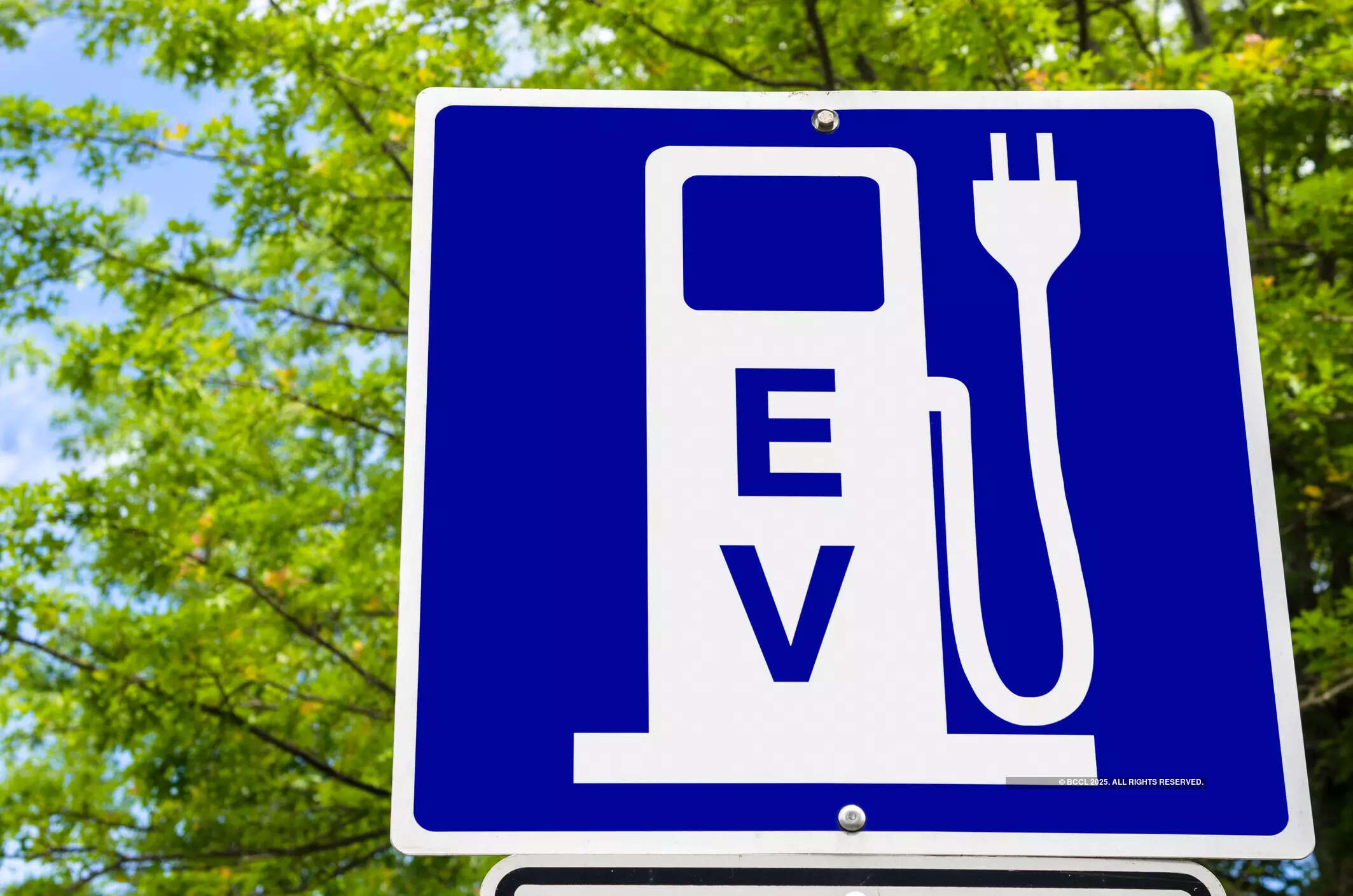
Chinese electric vehicle makers made a strong showing at the start of the country’s annual parliamentary meeting on Tuesday, bolstered by official recognition of their growing clout on the world stage as they asked for more regulatory support to become global brands.
When Yin Tongyue started Chery Automobile 27 years ago, China’s auto industry was dominated by foreign companies and the prospect of Chinese people building their own cars was a pipe dream, he told reporters on the sidelines of the National People’s Congress (NPC), China’s rubber-stamp parliament.
Fast forward nearly three decades, and China – the world’s largest auto market – also has clinched the title of the world’s largest auto exporter. But Chinese automakers must look beyond sales superlatives to focus on technological innovation, quality reputation, and social responsibility, Yin warned.
“To transform from a large car country to a strong car country, it is not enough to rely on sales or scale,” said Yin, a NPC delegate. “We also need to have our own Chinese global brands that are recognized by others around the world.”
Premier Li Qiang, in his work report to the week-long NPC meeting outlining key government goals, cheered progress in the electric vehicle (EV) sector, which has been a rare bright spot in the struggling economy, despite an intensifying price war that has squeezed automakers’ margins.
“China accounted for over 60% of global electric vehicle output and sales,” the report said, praising “the 30% increase in exports of the ‘new trio,’ namely, electric vehicles, lithium-ion batteries, and photovoltaic products.”
Pledging to “consolidate and enhance our leading position in industries such as intelligent connected new-energy vehicles,” China said it would boost domestic spending on EVs via trade-in programmes and the revision of local policies that restrict the purchase of cars.
These commitments show China’s continued support for its prized EV sector. But the government — which extended a tax exemption for the purchase of new energy vehicles through the end of next year — did not announce new subsidies.
Policy recommendations put forth by automakers primarily sought regulatory changes to speed up the adoption of new technologies, including autonomous driving.
GLOBAL SPEED BUMPS
China’s rise as the top EV exporter, however, has sparked concerns in two important auto markets: Europe and the United States. Exports have been a key driver of growth for Chinese automakers as demand in their home market weakens.
The European Commission last year launched an investigation to determine whether to shield EU producers from a “flood” of cheaper Chinese EVs that it says benefit from state subsidies. The United States last month launched a probe into whether Chinese “connected” vehicles pose national security risks.
On Monday, Robin Zeng, chairman of Chinese battery giant CATL and member of the Chinese People’s Political Consultative Conference (CPPCC) top advisory body, told reporters that Europe did not have enough “higher-quality” products yet. He also dismissed U.S. concerns over Chinese vehicle data collection as unnecessary and resolvable through communication.
SHIFTING PRIORITIES
The high-profile presence of EV bosses at the parliamentary meeting mirrored the shifting priorities of Chinese policymakers.
Yin was in the company of other auto heavyweights, including Geely Chairman Eric Li, Changan Auto Chairman Zhu Huarong, and Xpeng’s Chief Executive He Xiaopeng.
Pony Ma, chief executive and co-founder of tech giant Tencent Holdings, and Richard Liu, founder of one of China’s largest e-commerce platforms JD.com, used to be regulars at the annual meeting.
But in recent years, following a regulatory crackdown on the tech sector, the internet bosses have receded from the limelight.
Another industry with a strong turnout at the meeting was the chip sector, which has been a target of U.S. export curbs and a focus of China’s efforts to become self-reliant.
Prominent industry figures included Zhang Suxin, chairman of China’s second largest foundry Hua Hong Semiconductor, Shi Lei, president of chip packaging and testing firm Tongfu Microelectronics, and Chen Tianshi, president of AI chipmaker Cambricon.

